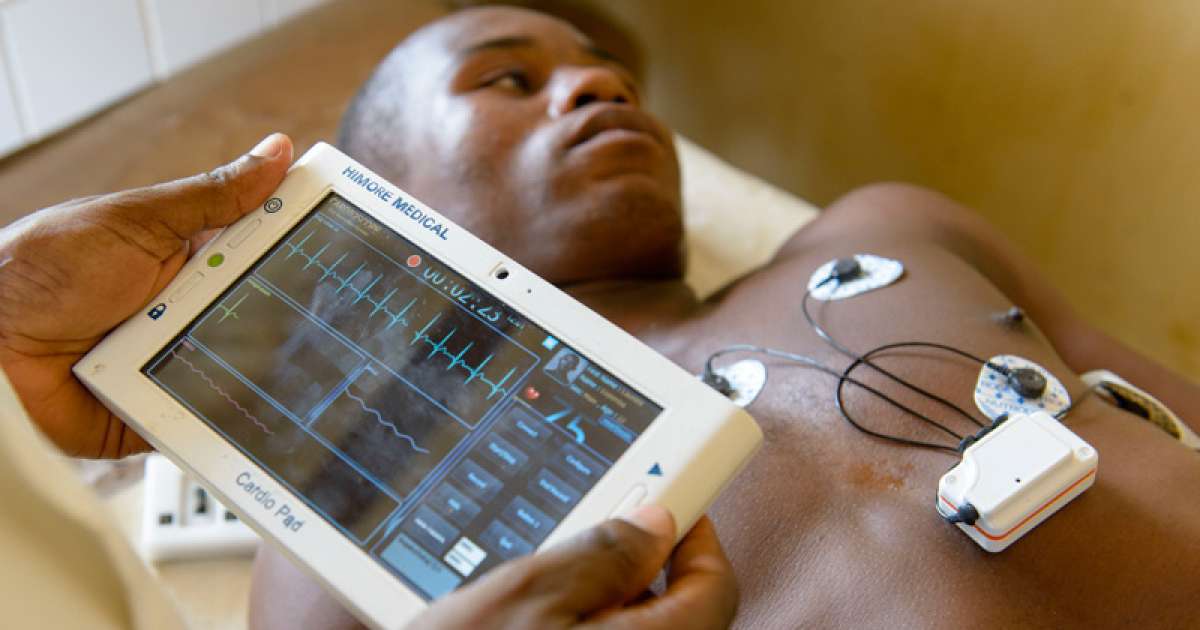Treatment Options For Angina Pectoris
Complete Evaluation By A Doctor

Since many conditions can cause chest pain, patients should have a complete evaluation by a doctor to obtain a correct diagnosis. Ideally, a cardiologist should evaluate patients, beginning with a health history. The cardiologist will ask the patient about any personal history of high blood pressure, previous heart attacks, cardiac surgeries, or other health problems. Patients will also be asked about their family history of cardiac events, and it is particularly helpful if patients can find out how old family members were when they experienced heart health issues. Next, the cardiologist will begin a physical examination of the patient. Blood pressure measurements will be checked in both arms, and the doctor will feel the patient's pulse at several locations. The cardiologist will listen to the patient's heartbeat with a stethoscope to identify any abnormal sounds. At a minimum, patients will also be given an electrocardiogram test, and an echocardiogram (an ultrasound of the heart) may also be completed. Patients may also undergo a chest x-ray, and stress tests, cardiac CT scans, and coronary angiograms. Blood tests may be needed to help the cardiologist confirm a diagnosis of angina pectoris and rule out other conditions.
Discover more treatment options for angina pectoris now.